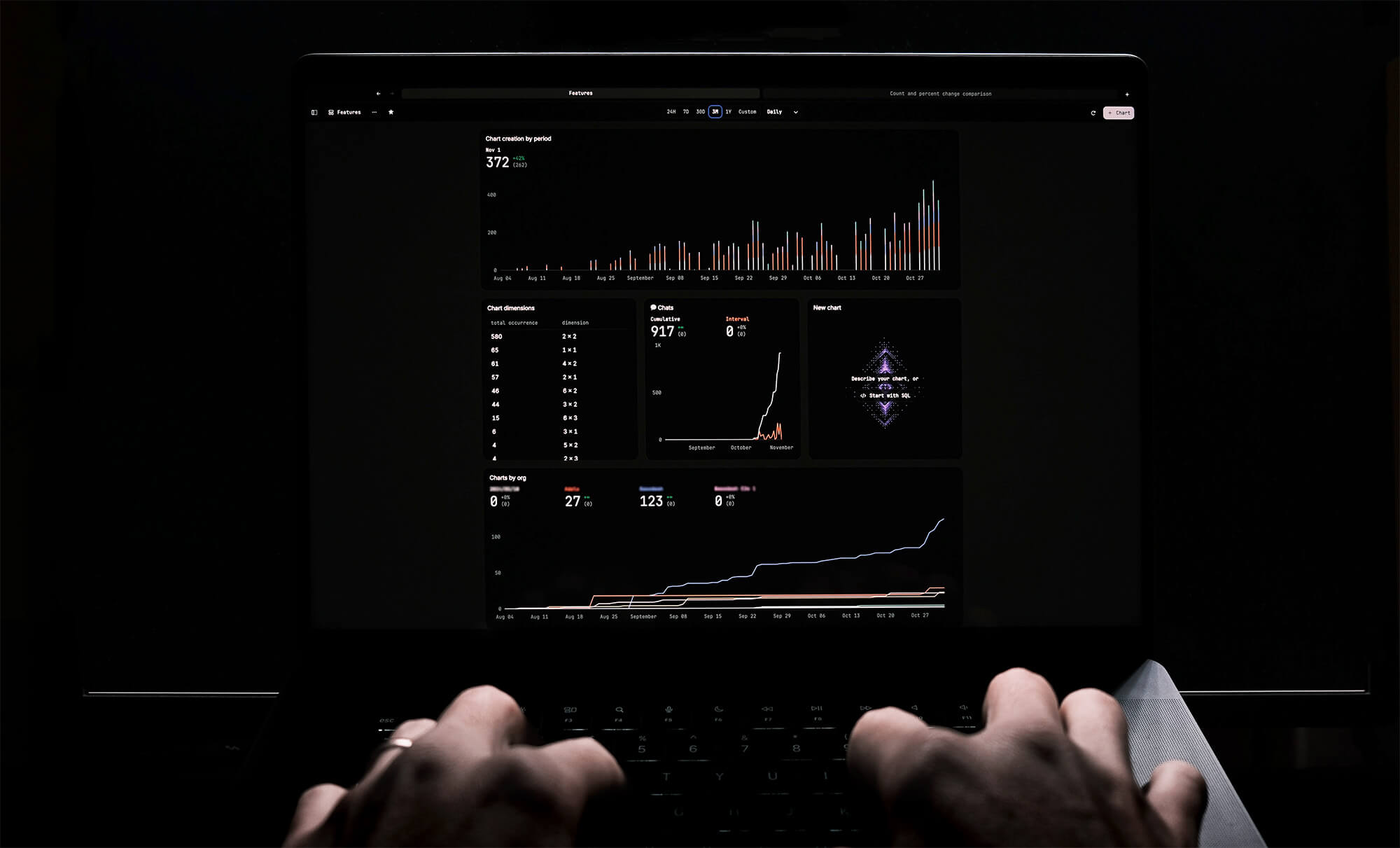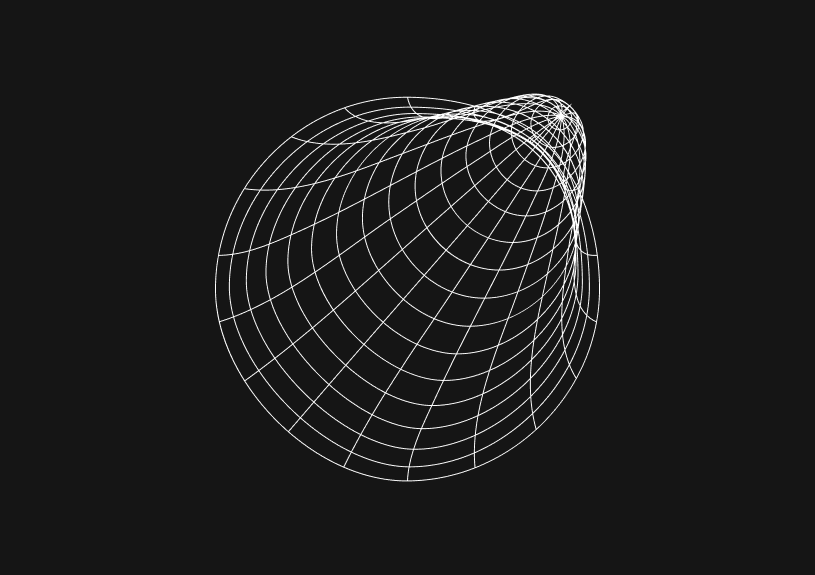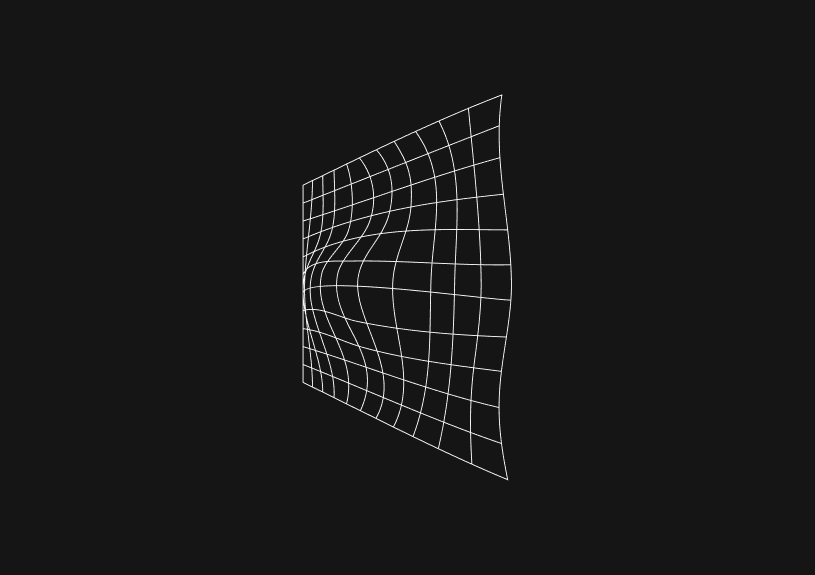
React Query vs SWR
React Query and SWR are modern data-fetching libraries in the React ecosystem, offering solutions for efficiently loading, caching, and updating asynchronous data in React applications. This guide compares the two libraries, helping engineers understand their differences, advantages, and use cases.
Overview of React Query
React Query is a powerful data-fetching and server-state management library. It provides features like caching, background updates, and stale-while-revalidate strategies. Key features include:
- Automatic caching and background refetching: React Query caches the data and refetches in the background, providing a seamless user experience.
- Devtools support: A dedicated devtools extension for debugging and visualizing query states.
- Flexible query syntax: Supports a wide range of query formats and custom configurations.
Example usage:
import { useQuery } from 'react-query'; function fetchPosts() { return fetch('/api/posts').then(res => res.json()); } function Posts() { const { data, error, isLoading } = useQuery('posts', fetchPosts); // Render logic here }
Overview of SWR
SWR (stale-while-revalidate) is a React hook library for data fetching, developed by Vercel. It emphasizes simplicity and reusability. Notable features include:
- Stale-while-revalidate strategy: Prioritizes displaying cached data, then updates with fresh data.
- Focus on simplicity: Easy to set up with minimal configuration.
- Built-in revalidation on focus: Automatically revalidates data when the window or tab regains focus.
Example usage:
import useSWR from 'swr'; function fetcher(url) { return fetch(url).then(res => res.json()); } function Profile() { const { data, error } = useSWR('/api/user', fetcher); // Render logic here }
Caching mechanisms
React Query
- Offers advanced caching strategies and fine control over cache behavior.
- Supports caching multiple queries and managing them through query keys.
SWR
- Uses a simple caching mechanism based on the stale-while-revalidate strategy.
- Ideal for applications where immediate data consistency is less critical.
Error handling
React Query
- Provides detailed error information and supports error retries.
- Error states are managed alongside query data, allowing more control in components.
SWR
- Simplifies error handling with less granularity.
- Suitable for applications where error handling is straightforward or less critical.
Devtools and debugging
React Query
- Includes a robust set of devtools for inspecting cache, queries, and mutations.
- Offers insights into query states and performance.
SWR
- Has a simpler debugging approach.
- Suitable for projects where extensive devtools are not a primary requirement.
Performance optimization
React Query
- Advanced performance tuning options like query deduplication and prefetching.
- Better suited for complex applications with diverse data-fetching needs.
SWR
- Focuses on lightweight performance optimization.
- Ideal for simpler applications with standard data-fetching patterns.
Community and ecosystem
React Query
- Broadly adopted with a vibrant community.
- Extensive resources and third-party integrations.
SWR
- Gaining popularity, especially among Next.js developers.
- Strong community support, particularly in Vercel and Next.js ecosystems.
Use cases
React Query
- Complex applications with diverse data fetching and caching requirements.
- Projects that benefit from advanced features like pagination, infinite queries, and optimistic updates.
SWR
- Simpler applications or those tightly integrated with Next.js.
- Projects where ease of use and setup is a priority.
Conclusion
Both React Query and SWR offer unique advantages. React Query stands out for complex state management and advanced features, while SWR shines in simplicity and ease of use. The choice depends on the specific needs and complexity of your project.
Invite only
We're building the next generation of data visualization.

How to Center a Table in HTML with CSS
Jeremy Sarchet
Adjusting HTML Table Column Width for Better Design
Robert Cooper
How to Link Multiple CSS Stylesheets in HTML
Robert Cooper
Mastering HTML Table Inline Styling: A Guide
Max Musing
HTML Multiple Style Attributes: A Quick Guide
Max Musing
How to Set HTML Table Width for Responsive Design
Max Musing





